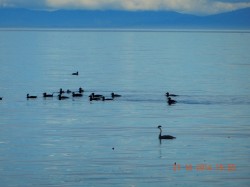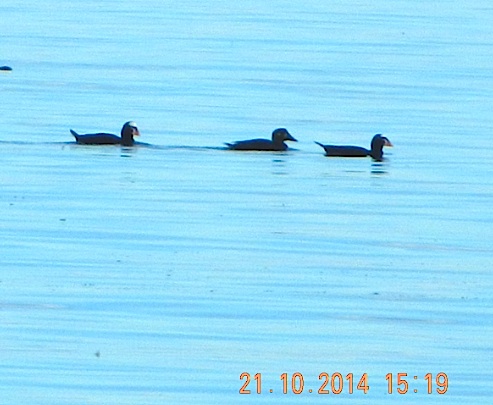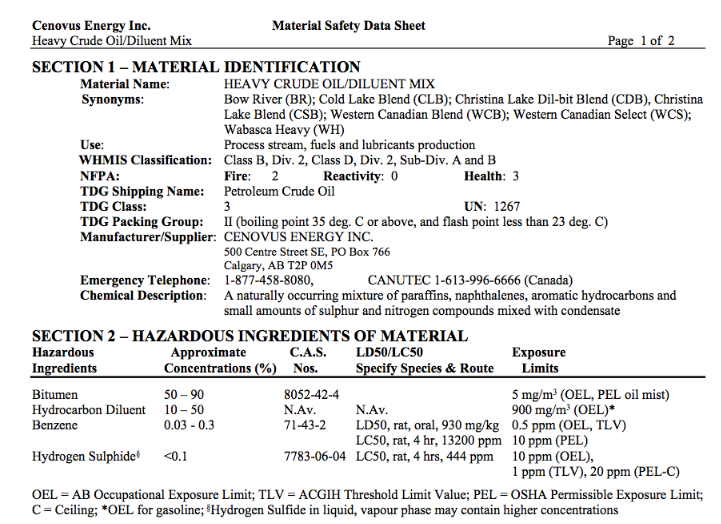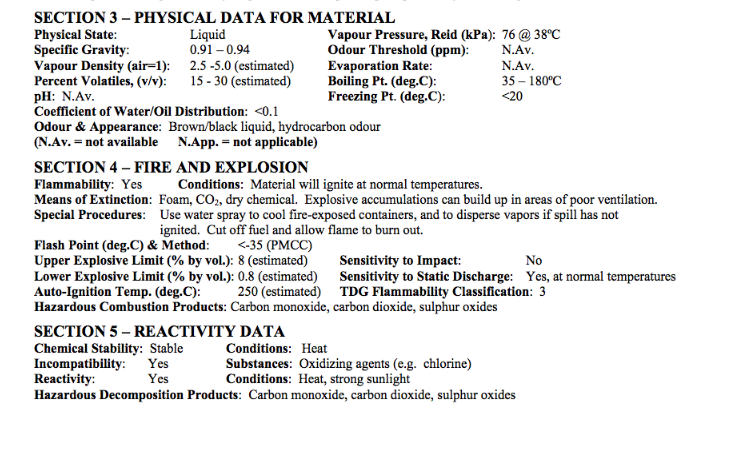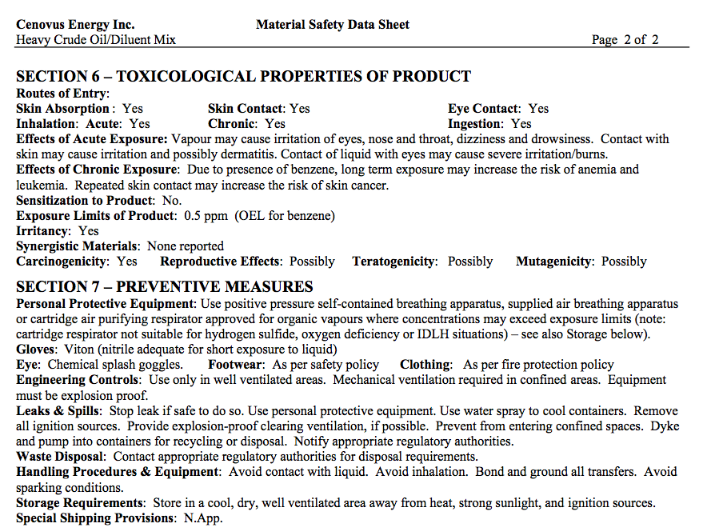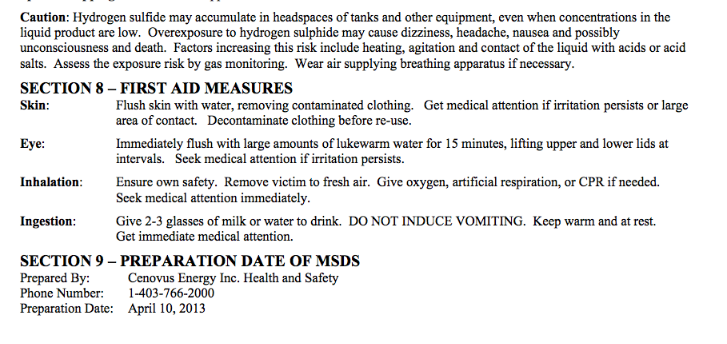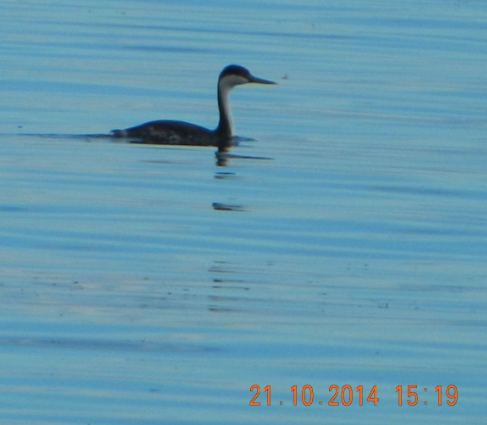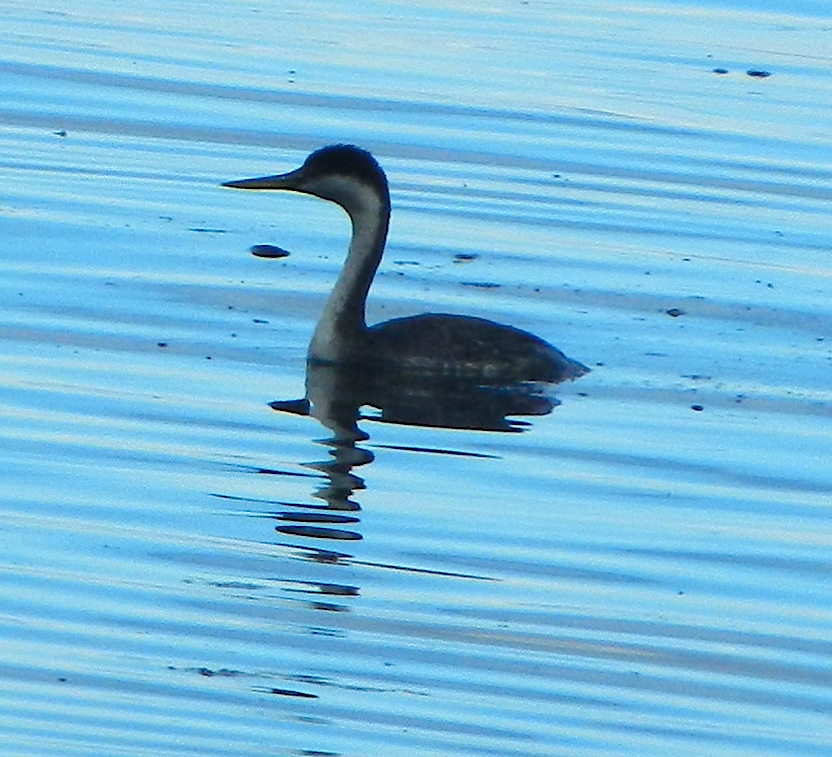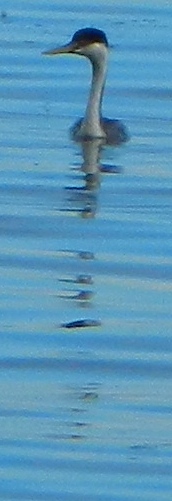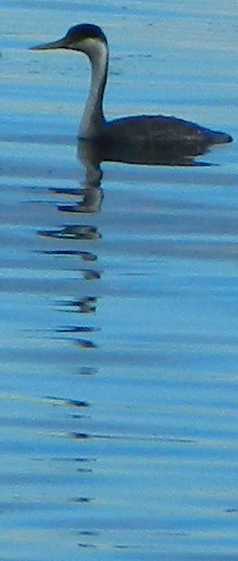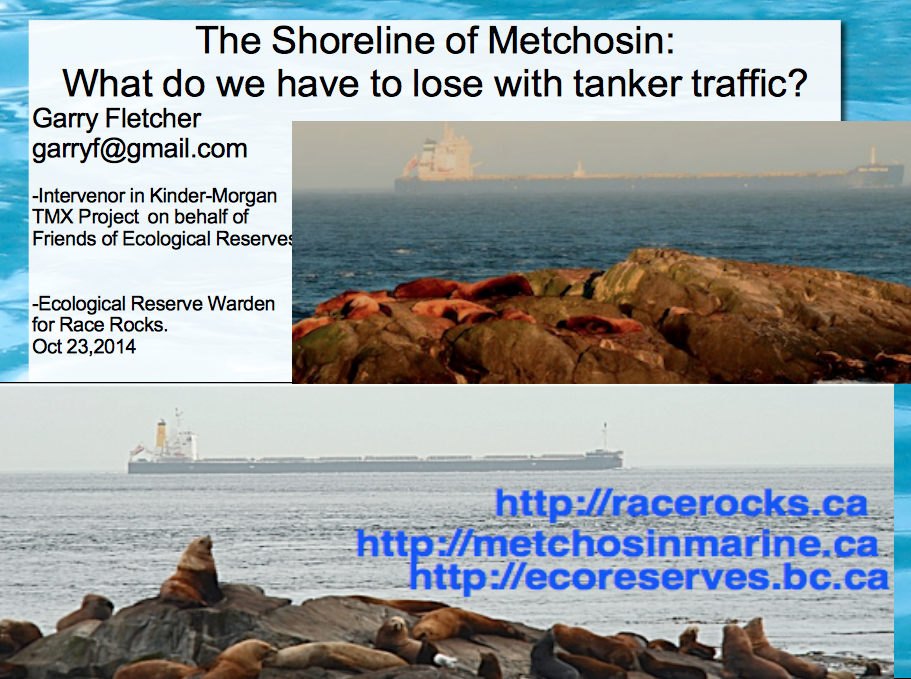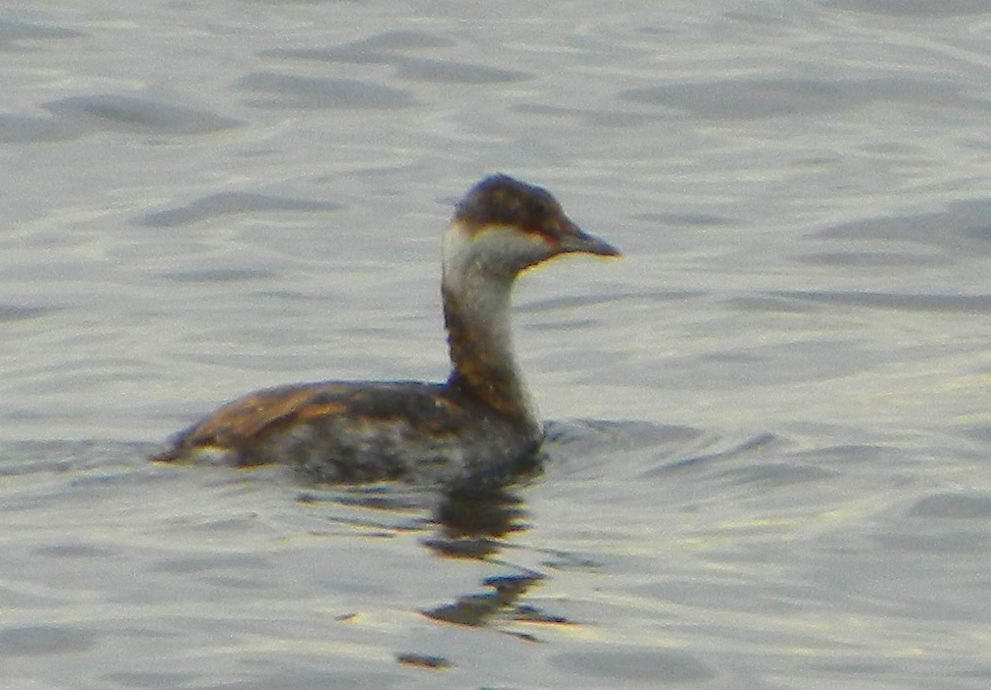This letter went out from Karyn Woodland to Dogwood Supporters:
Thursday’s Town Hall on Kinder Morgan was a great success. Presentations (to a full house) were informative and thought-provoking, and the questions from the audience further illuminated the issues. Moderator Jackie Larkin expertly kept the event equitable and flowing. At the close of the evening photographer Bev Hall presented the panel with gifts of local scenery cards … and we acknowledged Terry Dance Bennink’s calm and strong shepherding of her Dogwood flock. Green Party (Oak Bay/Gordon Head) MLA Andrew Weaver praised Dogwood for their focused, non-partisan work on behalf of ‘ordinary citizens’
SPEAKERS: Garry Fletcher, Andrew Weaver, Kai Nagata
A huge thank you to our excellent speakers: Garry illustrated, with stunning photographs, what we have to lose; Andrew gave a candid account of how the NEB hearing process is flawed; Kai (27 years young!) emphasized the significance of municipal governments in environmental stewardship.
A FEW KEY POINTS FROM THE DISCUSSION
• Climatologist Andrew Weaver said coal – the burning of which constitutes 50% of greenhouse gas emissions – is the culprit when it comes to ‘climate crisis.’
• The greatest risk from oil tanker traffic is a spill which will decimate the marine environment and create havoc for humans (unknown health impacts, job loss from industries like tourism and recreation, agricultural loss, property value decline…); despite the glitzy ads to the contrary form Trans Mountain.
• We all held our breath while the Russian ship Simushir, carrying 400 tonnes of bunker oil and 50 tonnes of diesel fuel, drifted off the coast of Haida Gwai. Veteran West Coast Mariner, Brian Falconer, maintains the coast guard underestimated the risk: “…they’re setting up a false sense that we can actually do something about an oil spill. The reality is we won’t be able to do anything” (TC, Oct 22, p A5). The tankers carrying bitumen will be far larger than Simushir. (As I write, a 134′ barge carrying 3,600 l of diesel fuel is adrift in the Beaufort Sea …)
• Dilbit is already being shipped past our shores with ‘temporary’ permits.
• Christy Clark says she has five conditions before approving pipeline expansion (http://www.newsroom.gov.bc.ca/2012/07/statement-by-premier-christy-clark.html). Andrew Weaver says – implement those conditions now.
• Andrew also noted that, on Wednesday of this week, Christy Clark’s gov’t dismantled large portions of the climate legislation enacted by Gordon Campbell’s gov’t; an action with huge implications which went unnoticed because of events on Parliament Hill.
MUNICIPAL MATTERS
• Good to see the following candidates in attendance at the Metchosin Town Hall: Moralea Milne (incumbent Councillor, who initiated the first motion opposing increased tanker traffic in 2012); Andy MacKinnon, Anne Richmond. (Apologies received from: Chris Moehr, Kyara Kahakawila; Bob Gramigma was at a Council related meeting).
• Municipal candidates responses to the Dogwood survey are now posted: http://www.localvote2014.ca/
• Municipal mayors/councillors/candidates may say, “It’s not my jurisdiction,” but Kai Nagata pointed out
Municipal Mayors and Councils have a great deal of influence – if they choose to use it.
We, the voters, must support those brave enough to take a stand.
(e.g., Andrew Weaver is pushing for a complete ban on heavy oil tankers in BC waters – municipal councils could get behind him on this initiative)
• Municipal Councils – backed by the citizens they represent – are perhaps the “last bastion” to stop the massive giveaway of public resources to large corporations.
RAVEN
• Donations to Raven – a Trust for 1st Nations Legal Defense, totalled $170; thanks to Allison’s generous initiative. (And we had not even thought to collect donations, as evidenced by our blue recycling bin ‘collection plate’!)
THANK YOU VOLUNTEERS!
